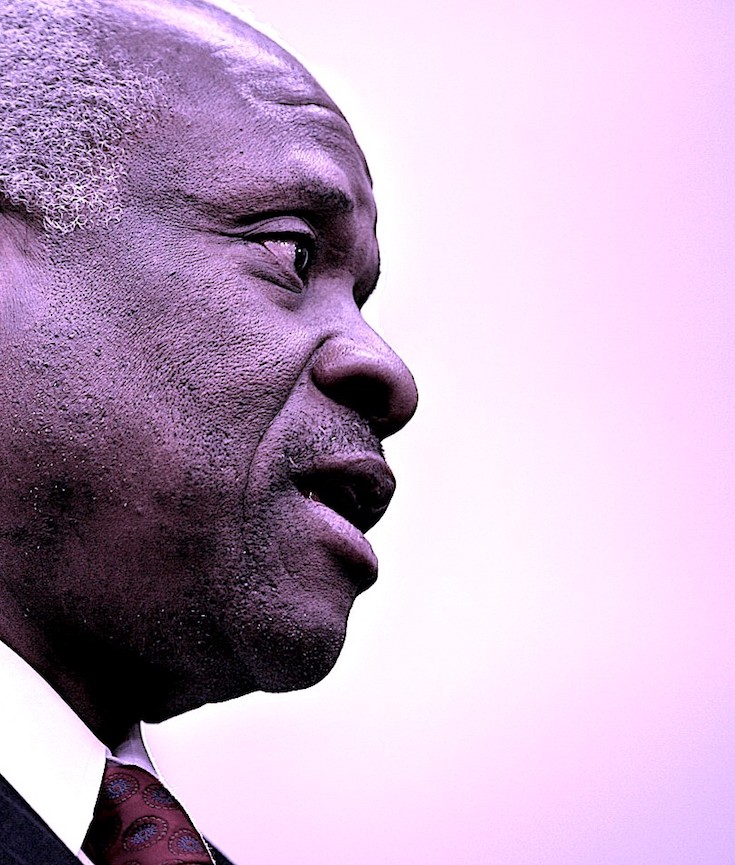On Monday, the Supreme Court issued a landmark decision holding that two congressional districts in North Carolina were racially gerrymandered in violation of the Constitution. The broad ruling will likely have ripple effects on litigation across the country, helping plaintiffs establish that state legislatures unlawfully injected race into redistricting. And, in a welcome change, the decision did not split along familiar ideological lines: Justice Clarence Thomas joined the four liberal justices to create a majority, following his race-blind principles of equal protection to an unusually progressive result.
[mc4wp_form id=”6042″]
 Photo Credit | Jennifer K. Law/Getty Images and David Ake/Getty Images
Photo Credit | Jennifer K. Law/Getty Images and David Ake/Getty Images


The Voting Rights Act of 1965 is a landmark piece of federal legislation in the United States that prohibits racial discrimination in voting. It was signed into law by President Lyndon B. Johnson during the height of the Civil Rights Movement on August 6, 1965, and Congress later amended the Act five times to expand its protections. Designed to enforce the voting rights guaranteed by the Fourteenth and Fifteenth Amendments to the United States Constitution, the Act secured voting rights for racial minorities throughout the country, especially in the South. According to the U.S. Department of Justice, the Act is considered to be the most effective piece of civil rights legislation ever enacted in the country.
The Act contains numerous provisions that regulate election administration. The Act’s “general provisions” provide nationwide protections for voting rights. Section 2 is a general provision that prohibits every state and local government from imposing any voting law that results in discrimination against racial or language minorities. Other general provisions specifically outlaw literacy tests and similar devices that were historically used to disenfranchise racial minorities.
The Act also contains “special provisions” that apply to only certain jurisdictions. A core special provision is the Section 5 preclearance requirement, which prohibits certain jurisdictions from implementing any change affecting voting without receiving preapproval from the U.S. Attorney General or the U.S. District Court for D.C. that the change does not discriminate against protected minorities.[10] Another special provision requires jurisdictions containing significant language minority populations to provide bilingual ballots and other election materials. (Wikipedia).



You must be logged in to post a comment.